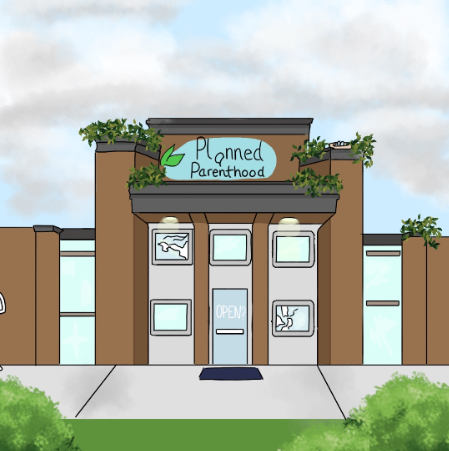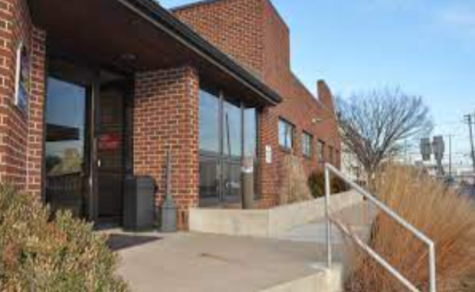Planned Parenthood: the Brink of Closure

May 20, 2022
It is no mystery as to what women have struggled with when it comes to their reproductive rights. From the discussion of Roe V. Wade to the overarching idea of available health care, the United States is struggling to maintain a healthy relationship with its upcoming and new parents. Planned Parenthood supports, aids, and serves women and members of the LGBTQ+ community with gynecologist care, contraception, birth control, abortions, STD testing, and a variety of other services. Without these services, many women suffer from a lack of health care. Does this leave people questioning what puts other forms of health care over sexual health care?
Recently, a Planned Parenthood location in Stroudsburg shut down after a “careful analysis” of its health services and financial situation. Not only is it a devastating break for the businesses that shut down, but for the employees that lose jobs and the patients that now have to travel 25 miles to the next location. Which are also on the brink of closure. Along with the  Easton and Wilson locations, Planned Parenthood locations throughout Pennsylvania are closing in recoil to the lack of thought government programs put into ‘backwater’ organizations that are last on their list of priorities.
Easton and Wilson locations, Planned Parenthood locations throughout Pennsylvania are closing in recoil to the lack of thought government programs put into ‘backwater’ organizations that are last on their list of priorities.
Due to the underfunding of non-profit organizations, closures and terminations of these programs (unfortunately) become a common occurrence. Recently, a letter was sent out to all patients of their clinic in Quakertown to notify the clients that in June of 2022, the Planned Parenthood of Quakertown is to shut down indefinitely. Not only does the lack of funding prevent patients from getting the help and aid they need, but it displays a safety concern for the residents of Quakertown that need immediate care considering the next closest clinic is in Allentown.
Closures of these businesses would pose no concern if it was not about what they provided for minorities and impoverished people who can either not afford care such as what the clinic offers or are turned down by other companies, but for those that rely on non-profit organizations to provide them with what they need to live healthy and safe are struggling to stay afloat. “I don’t have another safe outlet… it’s inconvenient for both my health and safety,” said Mackenna Pebley, a previous patient of the Planned Parenthood in Quakertown as she spoke on the concern of what this closure does to the people in the surrounding area. “It’s upsetting me specifically because of everything going on with the Supreme Court,” she said. Even with funding from residents of the surrounding town or city, it will be hard to reopen these clinics due to the accelerating change in opinion within politics and local government.


